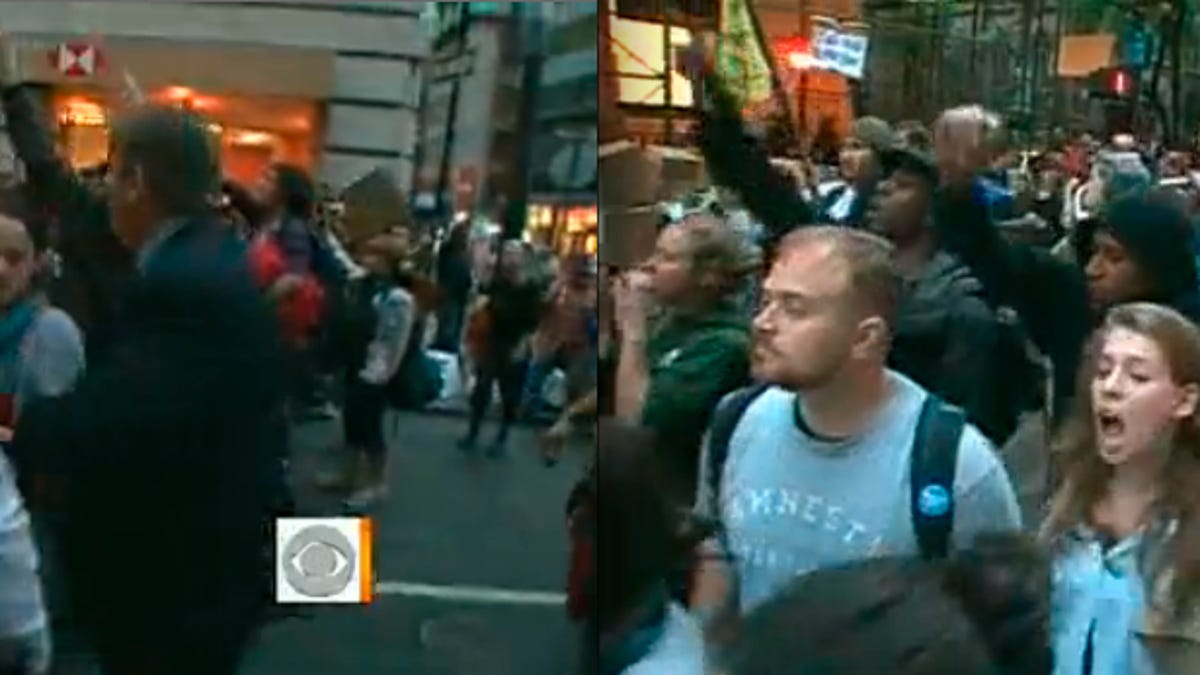Twitter renews privacy fight in Occupy Wall Street case
Social network says in appeal that a lower court's decision concluding user tweets are "unprotected by the federal and New York constitutions is still erroneous."

Twitter today renewed its privacy defense of a user accused of disorderly conduct during an Occupy Wall Street protest last October, telling a New York appeals court that police failed to comply with the U.S. Constitution's safeguards when trying to access his account.
A lower court's ruling in June that user "tweets are unprotected by the federal and New York constitutions is still erroneous," Twitter said in a brief (PDF) filed this morning.
Prosecutors want Twitter to turn over "any and all user information, including e-mail address, as well as any and all tweets" -- that's language from two subpoenas sent by the district attorney's office -- posted by an activist named Malcolm Harris.
Harris is being prosecuted for disorderly conduct as the result of an October 2011 protest and march on the Brooklyn Bridge that resulted in over 700 arrests. His bio says he has "been active in OWS since the first planning meetings," and he's said publicly that Occupy Wall Street activists should be "directly antagonistic."
Twitter's legal filing today, before a New York appeals court, represents an ambitious effort to ground federal privacy law in the Fourth Amendment and persuade judges to take the privacy rights of Internet users more seriously.
Even though the Fourth Amendment prevents "unreasonable" seizures by police, courts have not consistently extended that to the Internet data -- not just posts on Twitter, but e-mail, remote backups, cloud-based files such as documents and spreadsheets, and so on.
An alliance of tech companies including Twitter, Google, Amazon.com, Apple, AT&T, Facebook along with nonprofit groups called the Digital Due Process Coalition has been pressing the U.S. Congress to update federal privacy law to reflect today's cloud computing era, but has enjoyed only limited success so far. (CNET was the first to report on the coalition's creation in this 2010 article.)
The ACLU said in a blog post today that it will file a friend-of-the-court brief supporting Twitter. ACLU senior staff attorney Aden Fine added:
The courts shouldn't permit this. The information demanded by the DA includes not only the contents of Harris's tweets, but his private subscriber information -- including the IP addresses he used to access Twitter over three-plus months, which can reveal his physical location throughout that entire period. The government also asked for the date, time, and duration of each of his Twitter sessions. By denying Twitter's and Harris's challenge, the court held that the government can access this wealth of sensitive personal information without satisfying basic constitutional protections. That isn't right.

